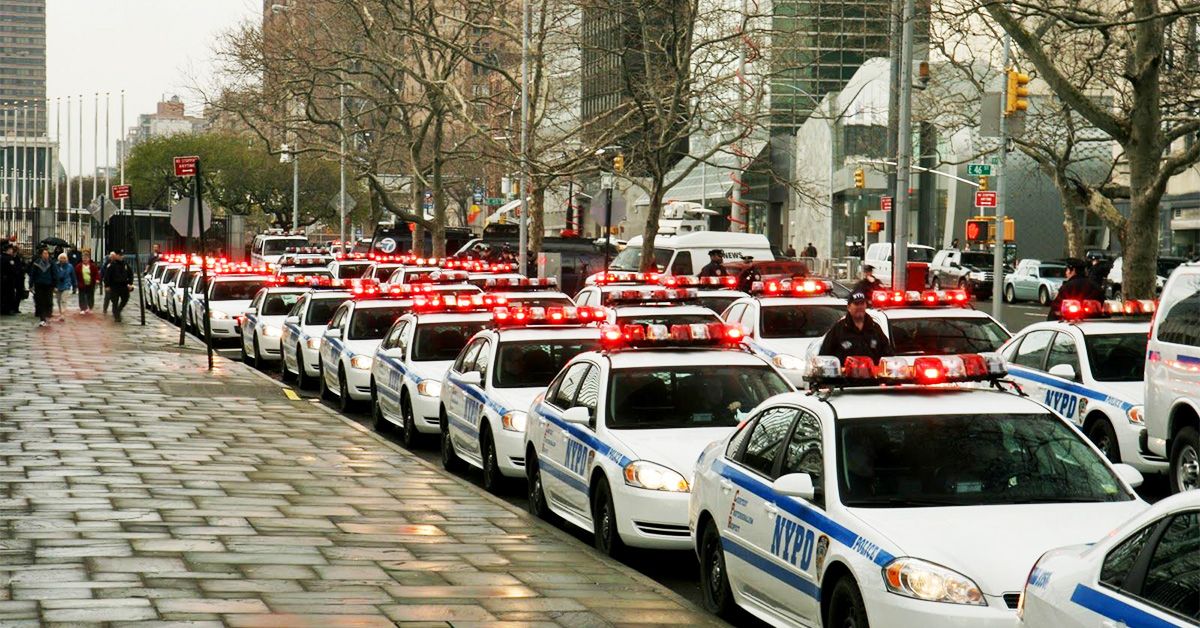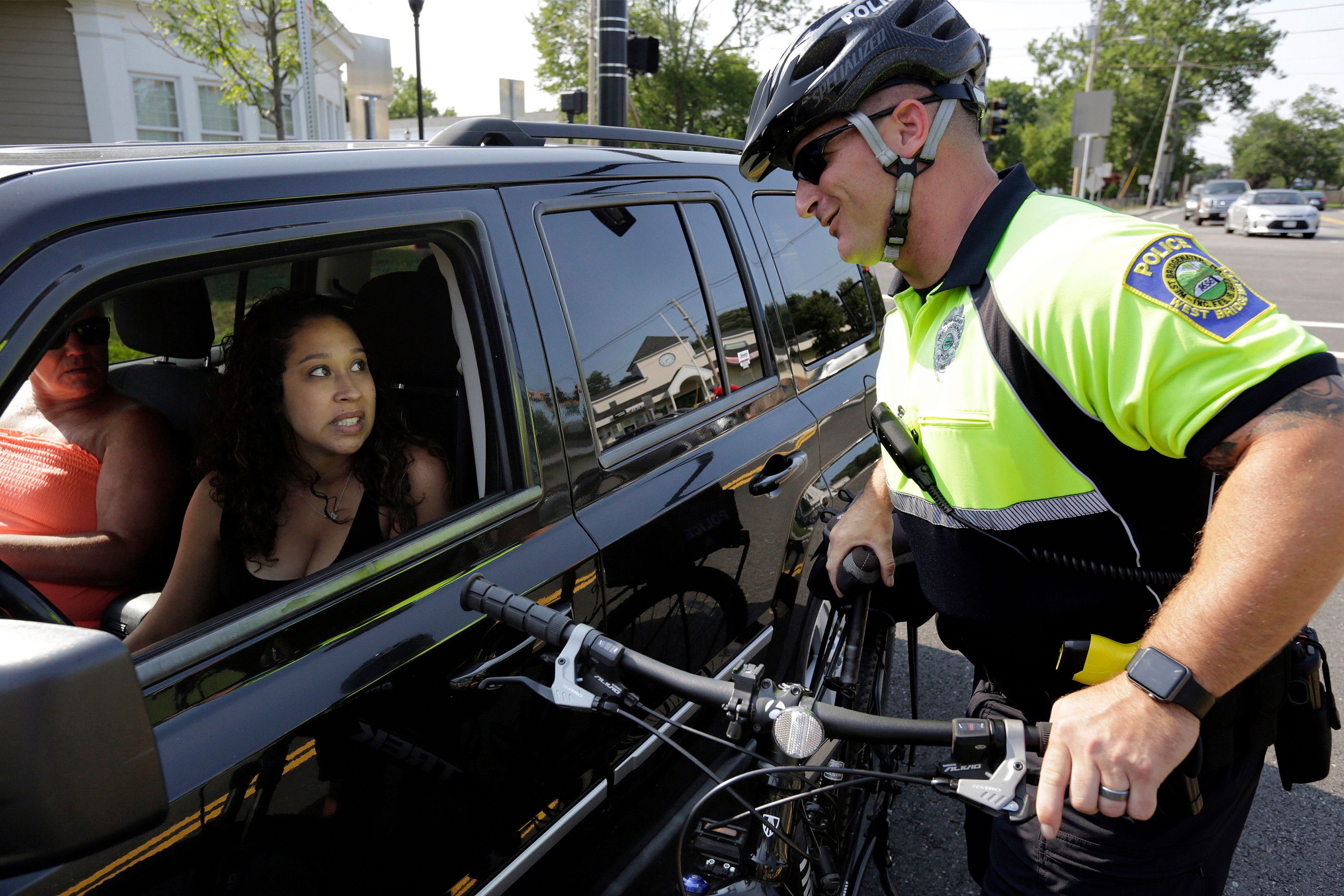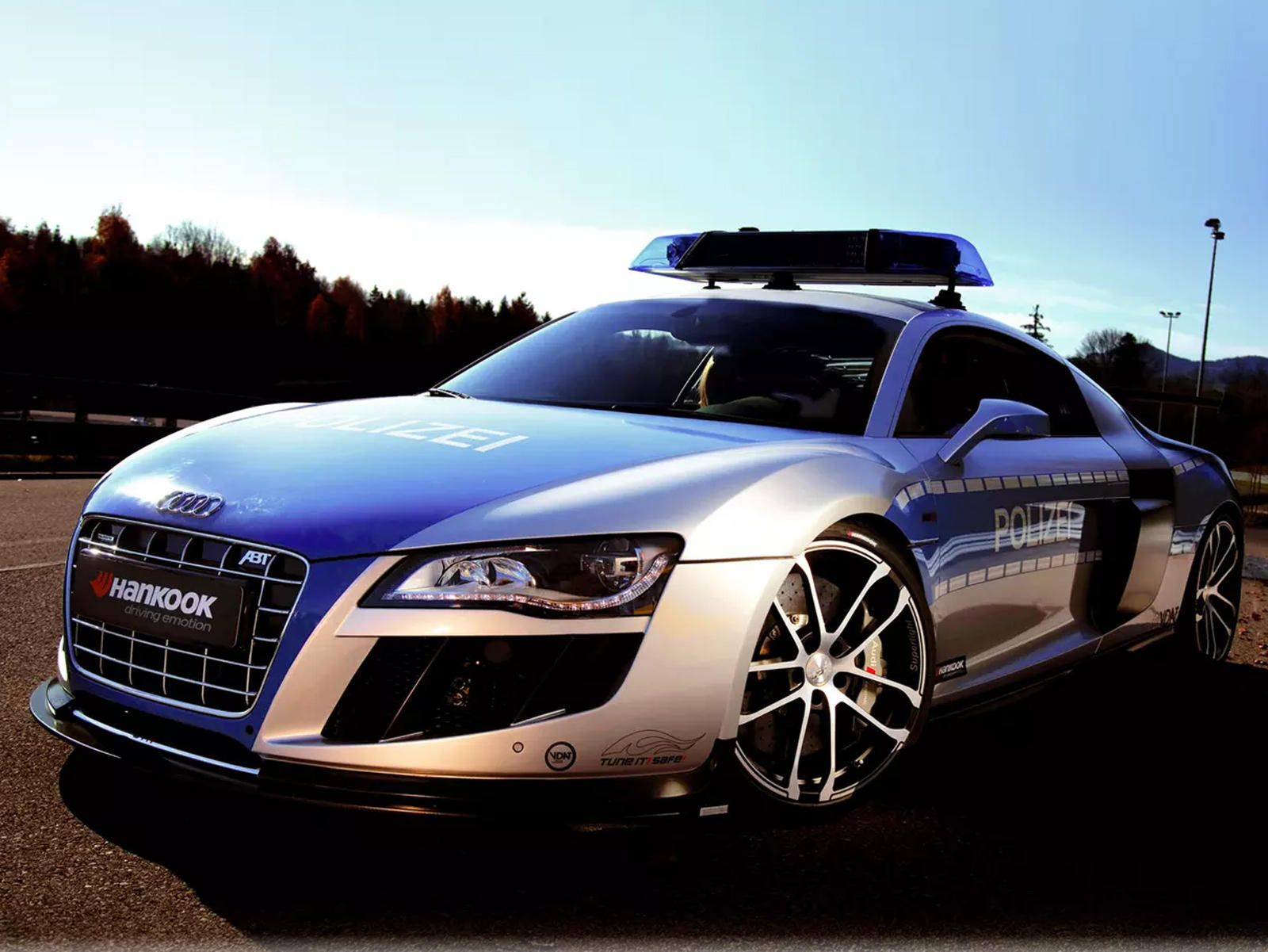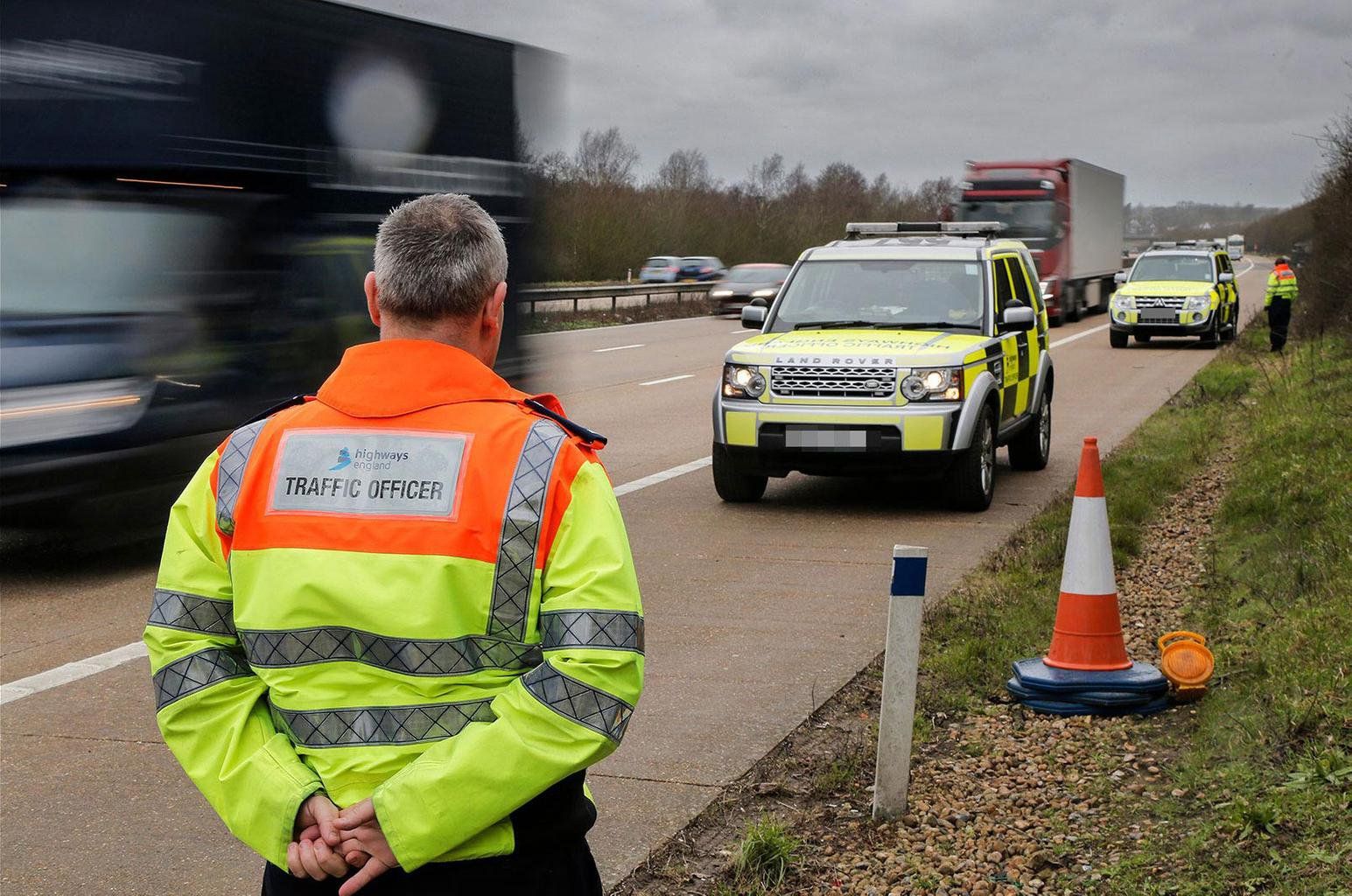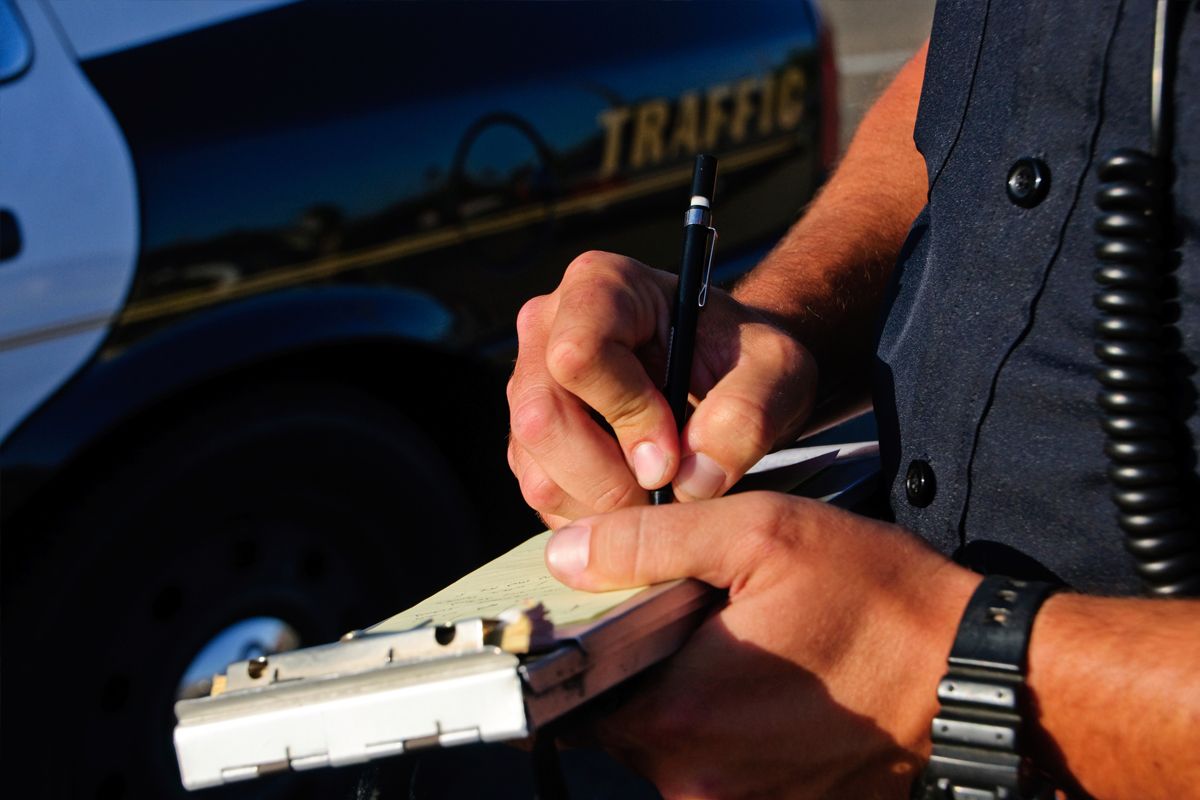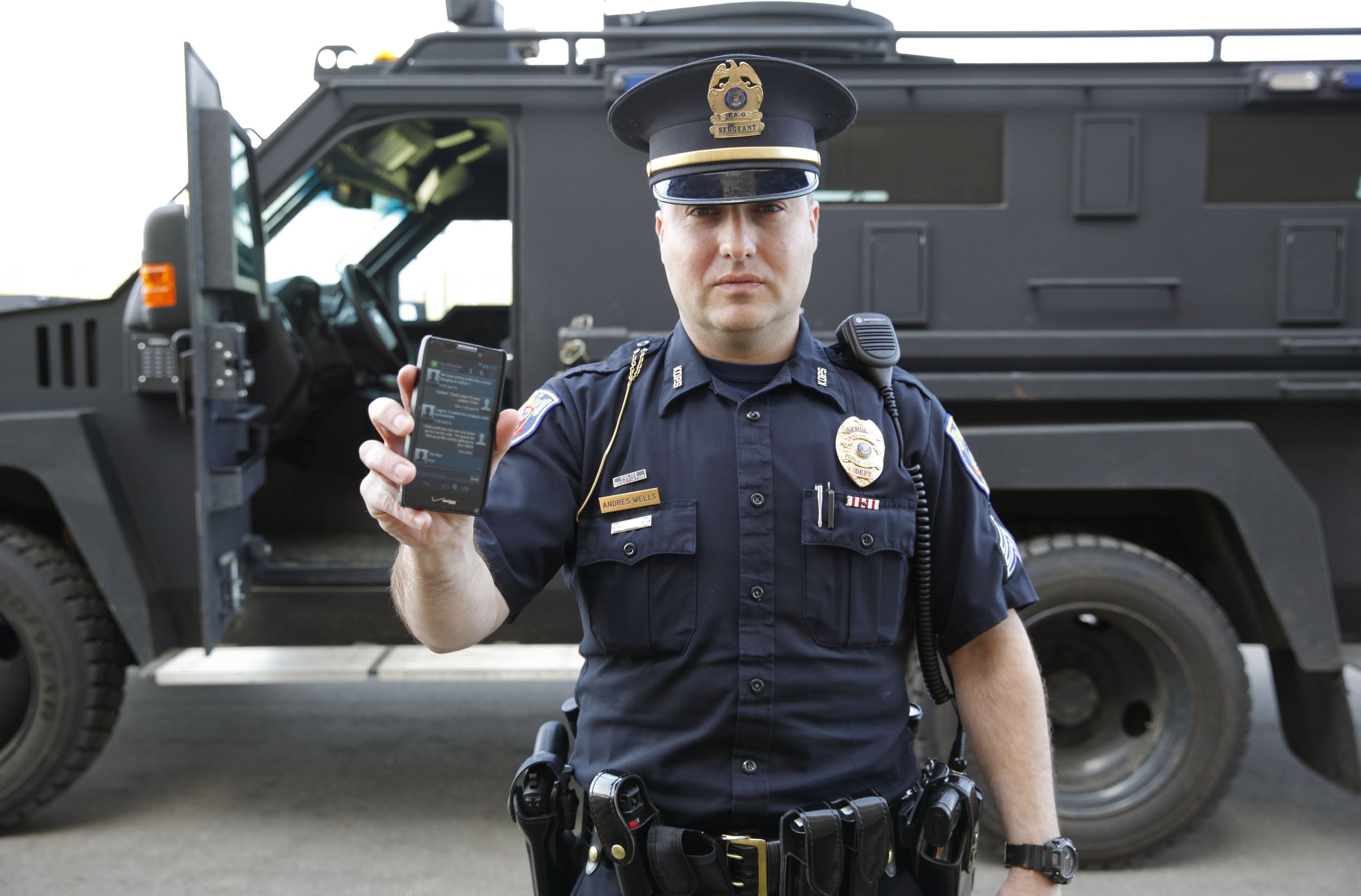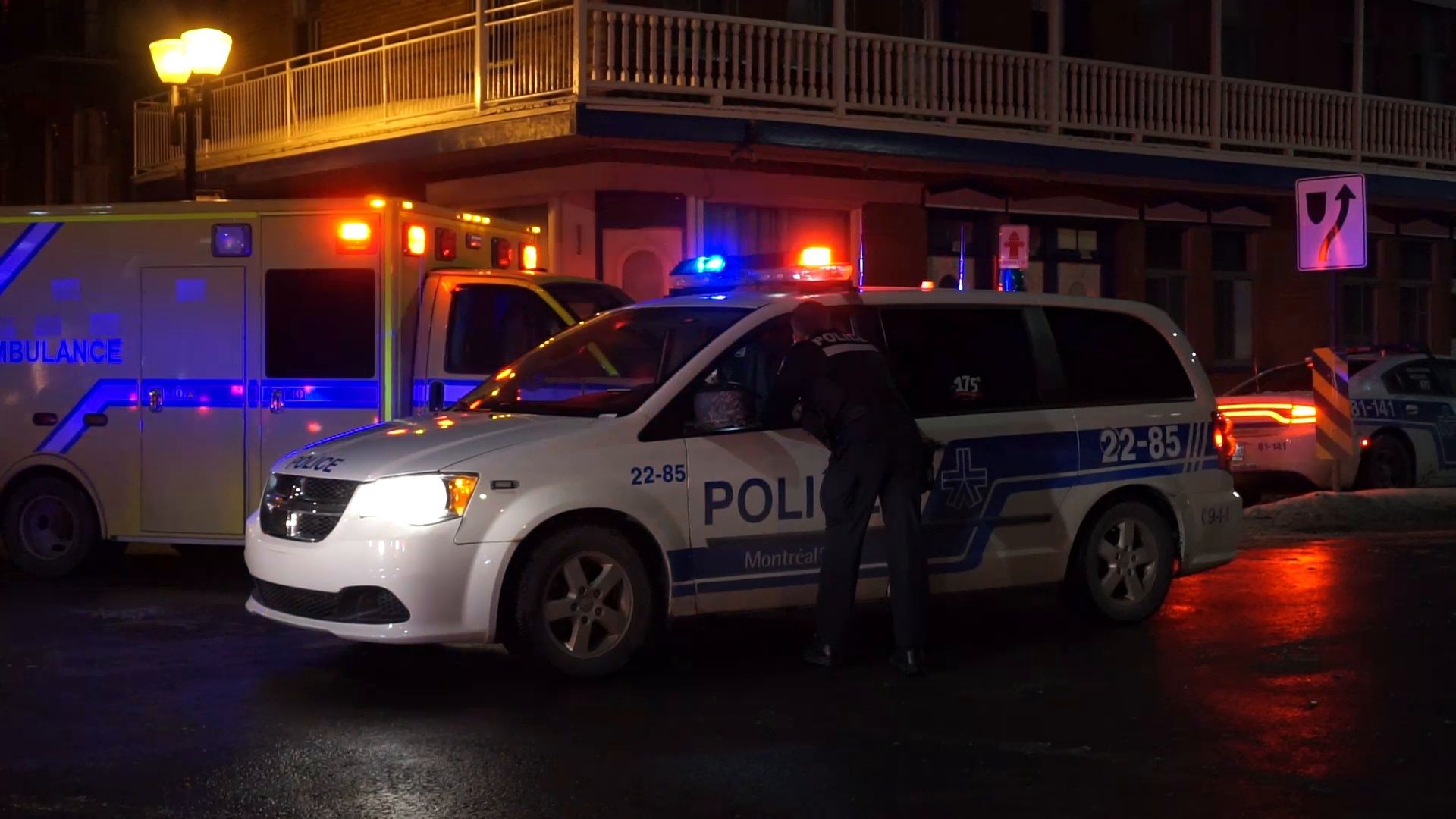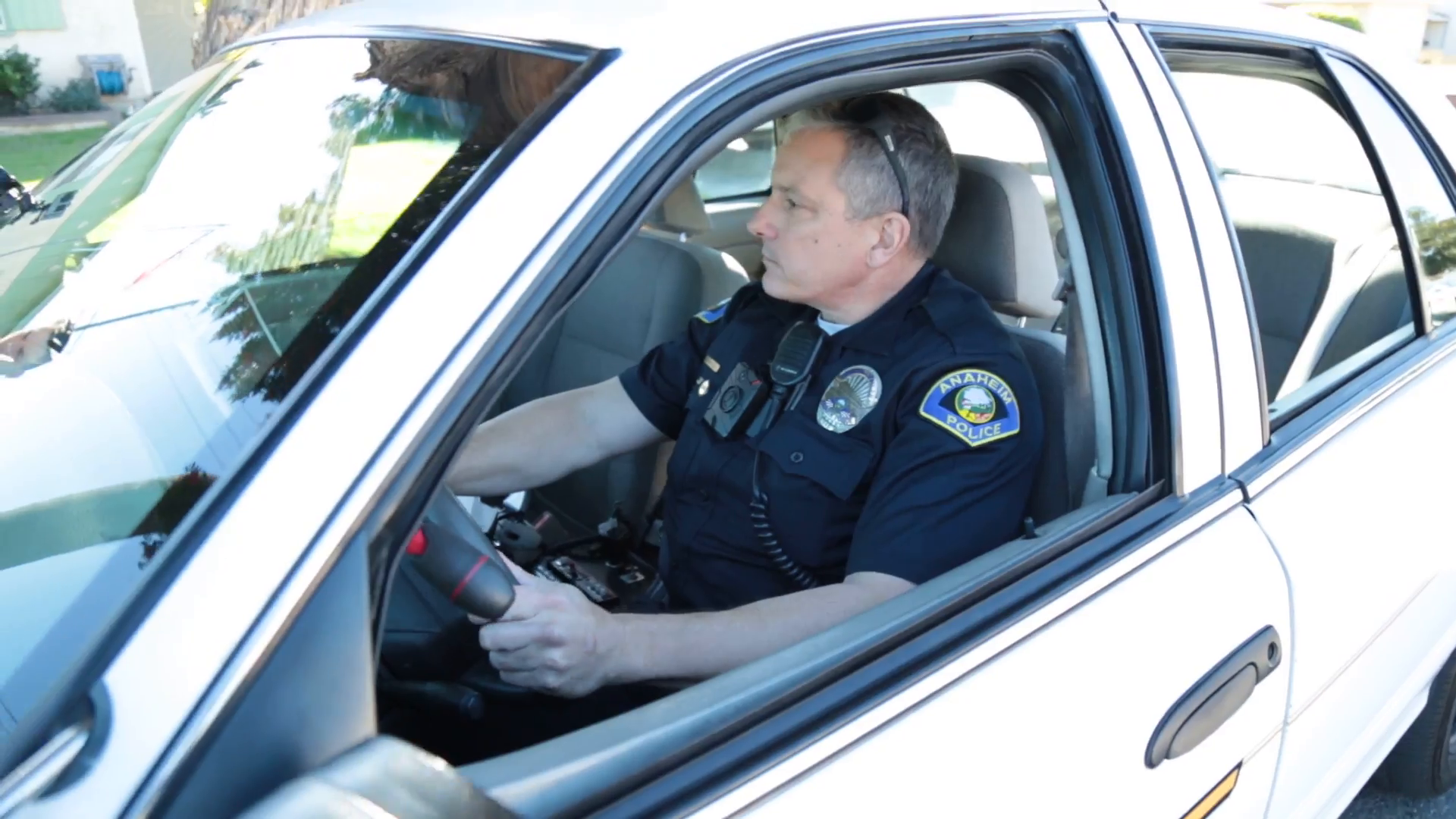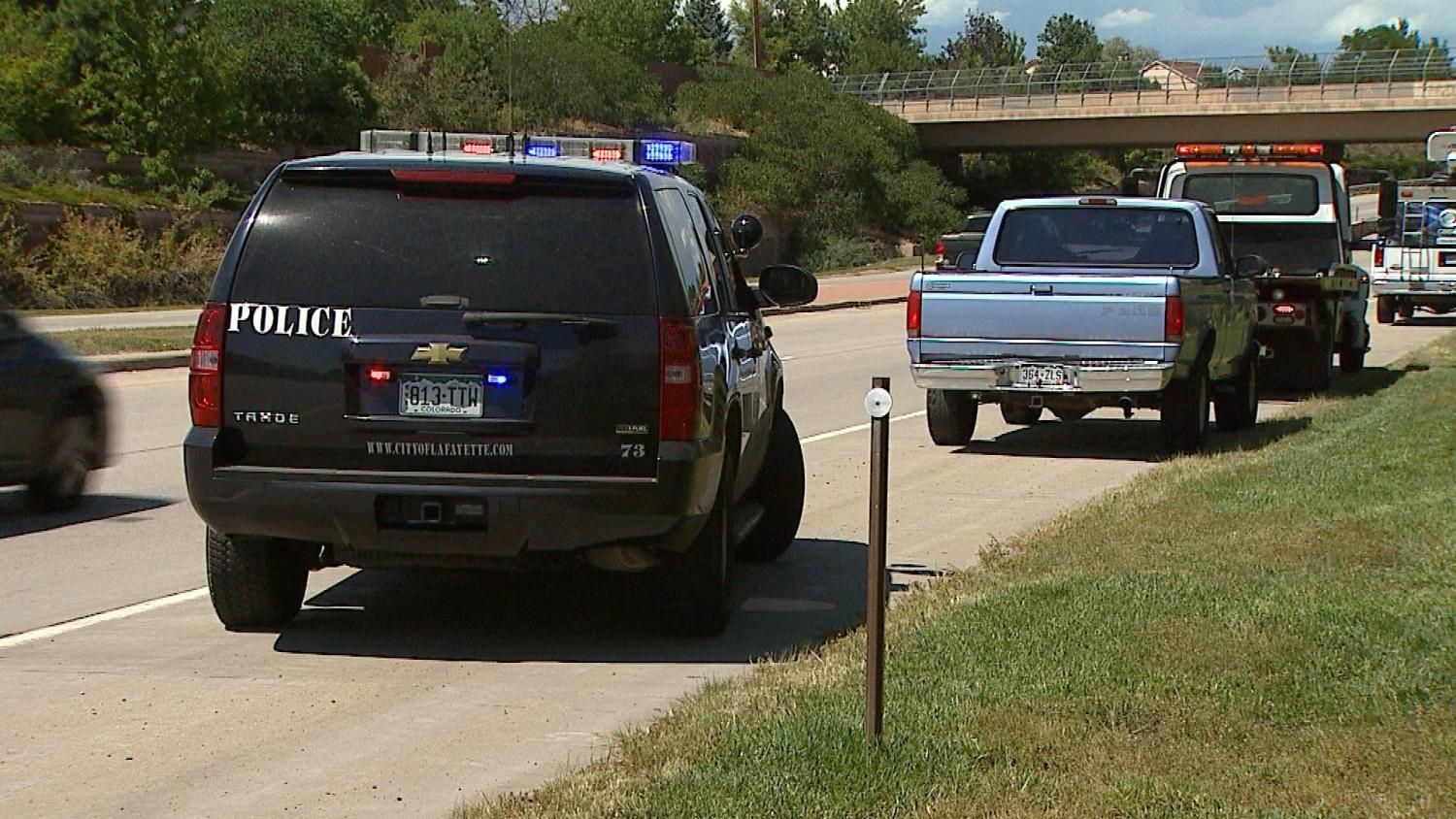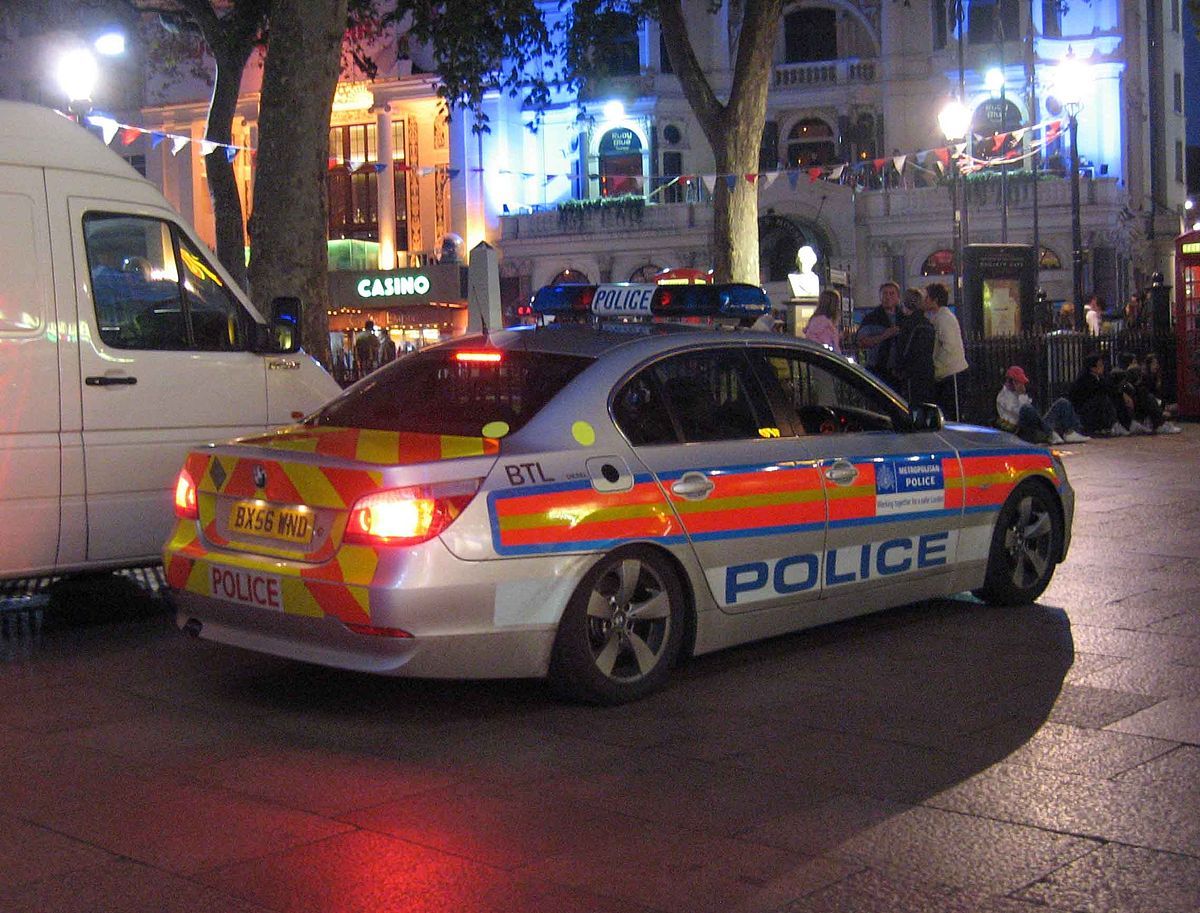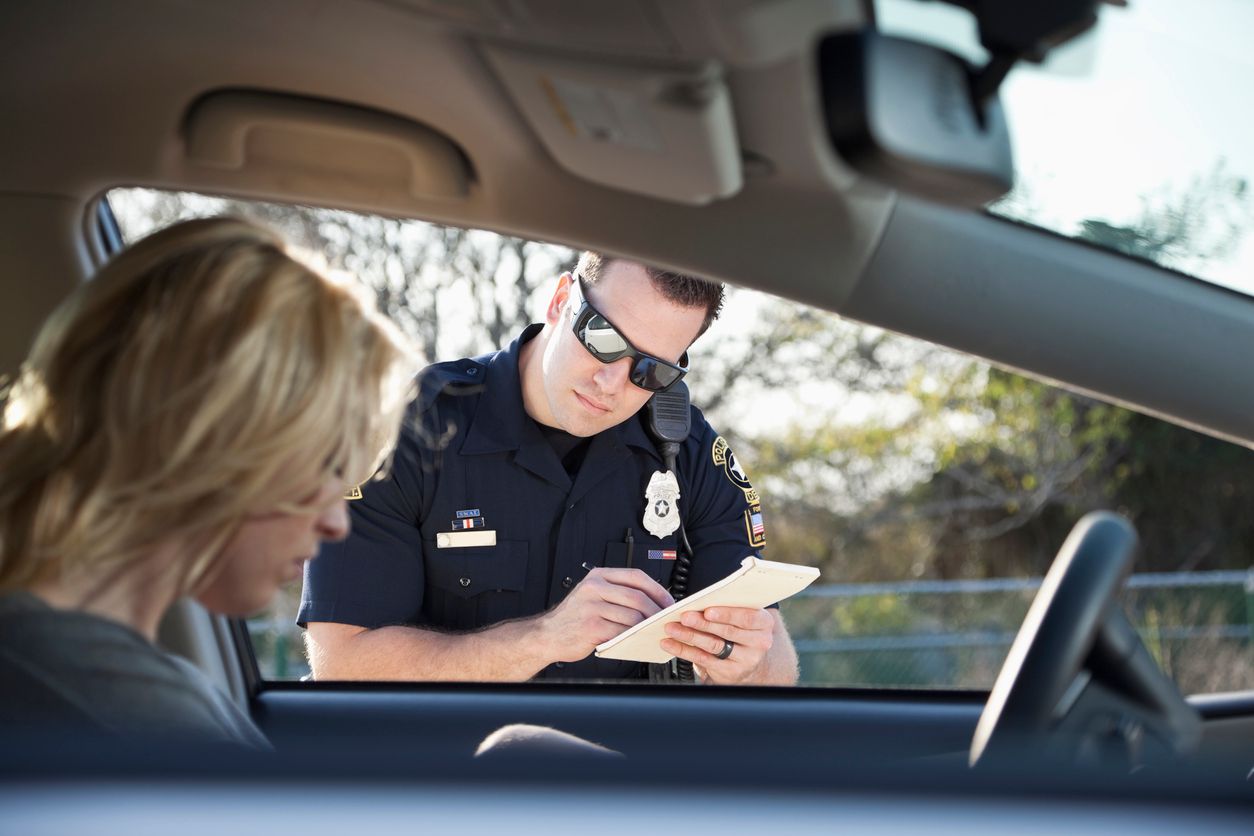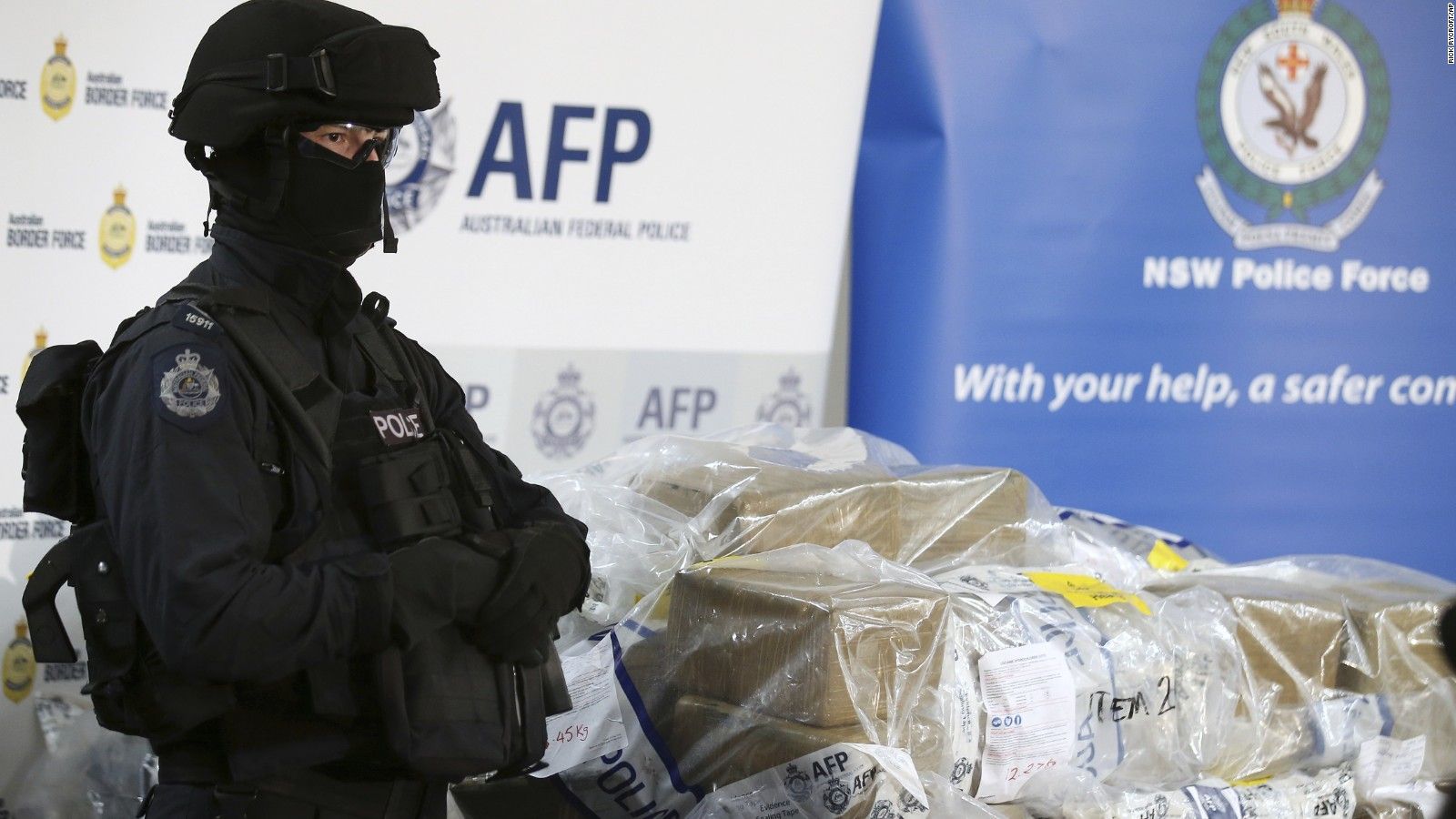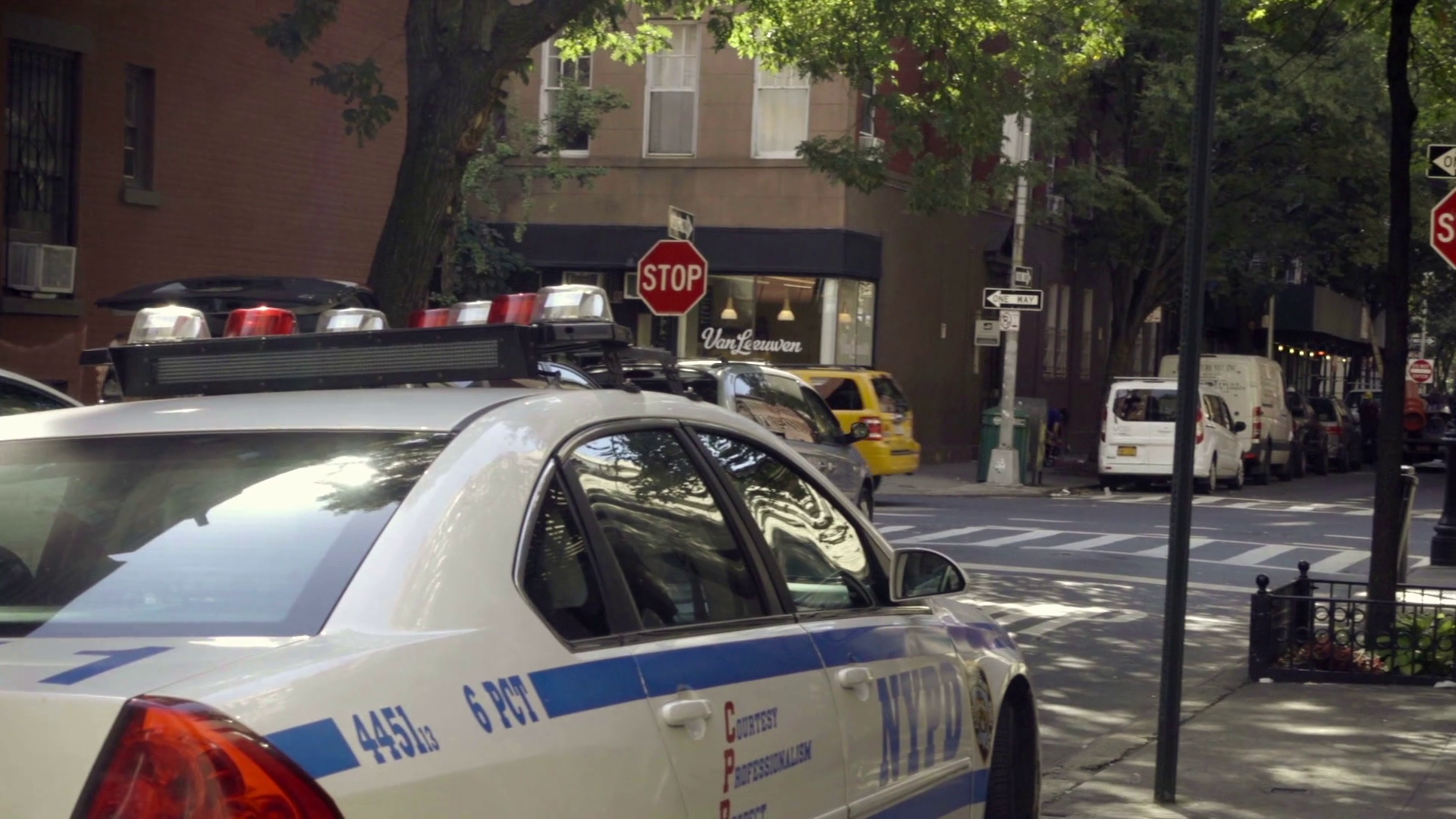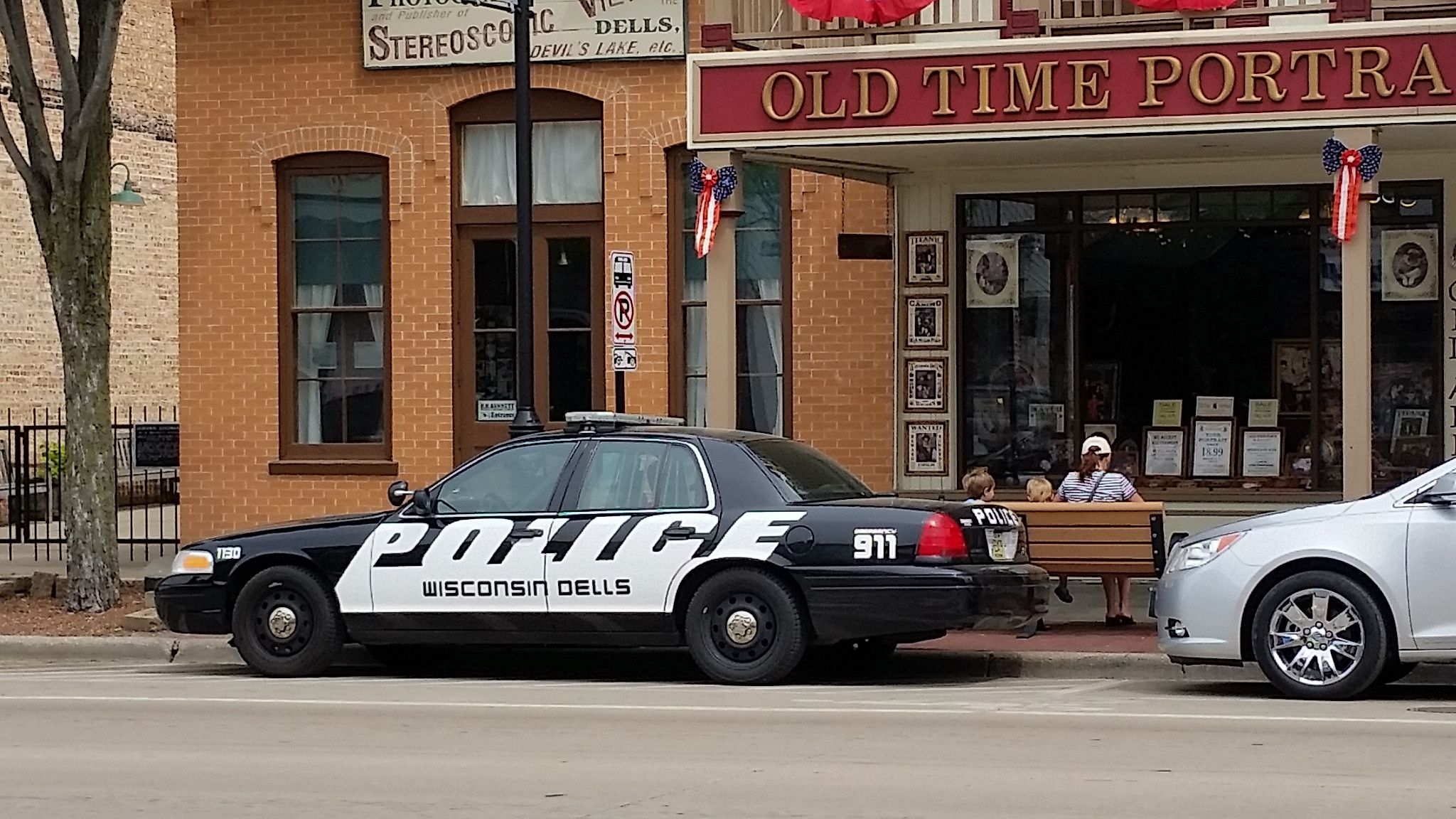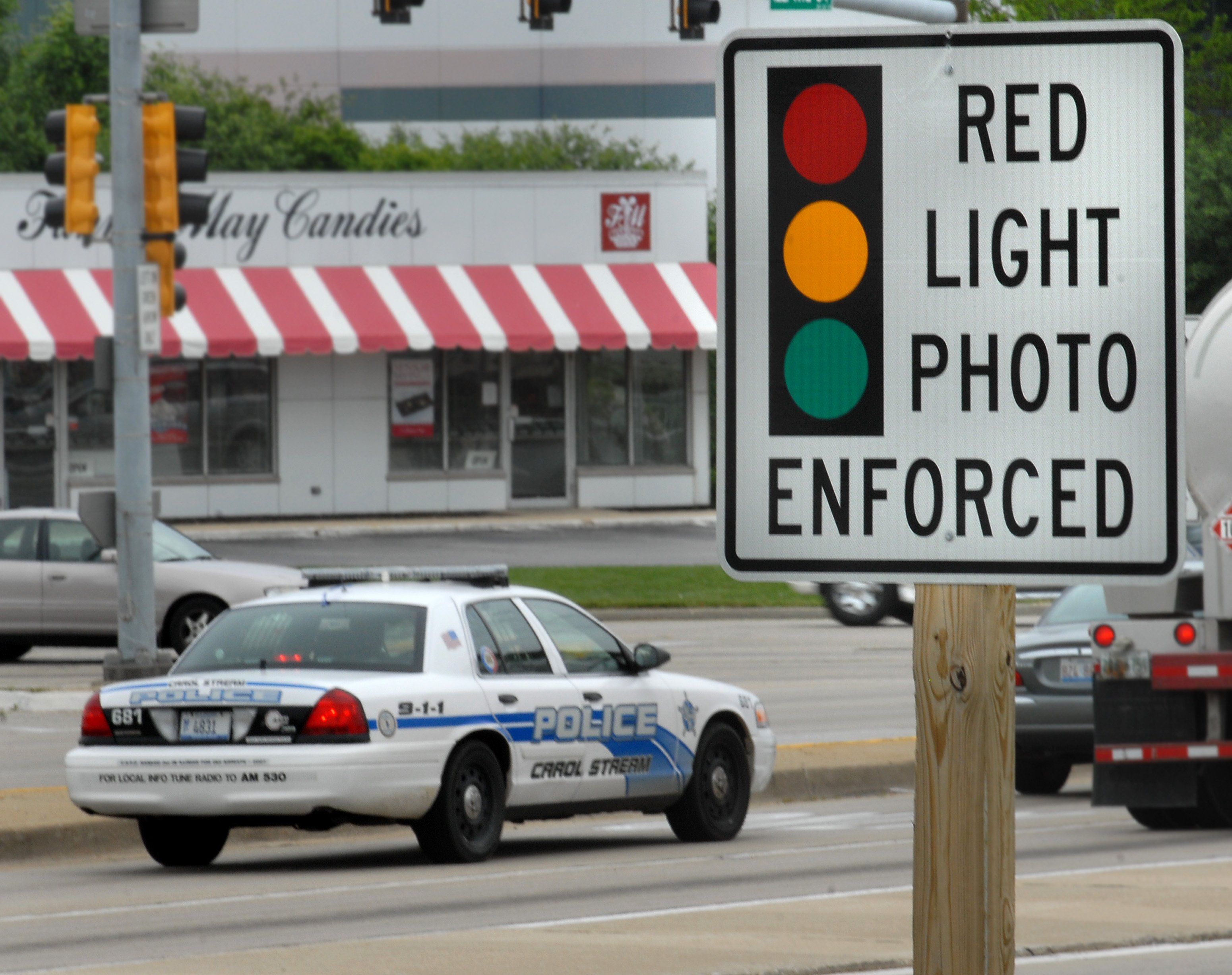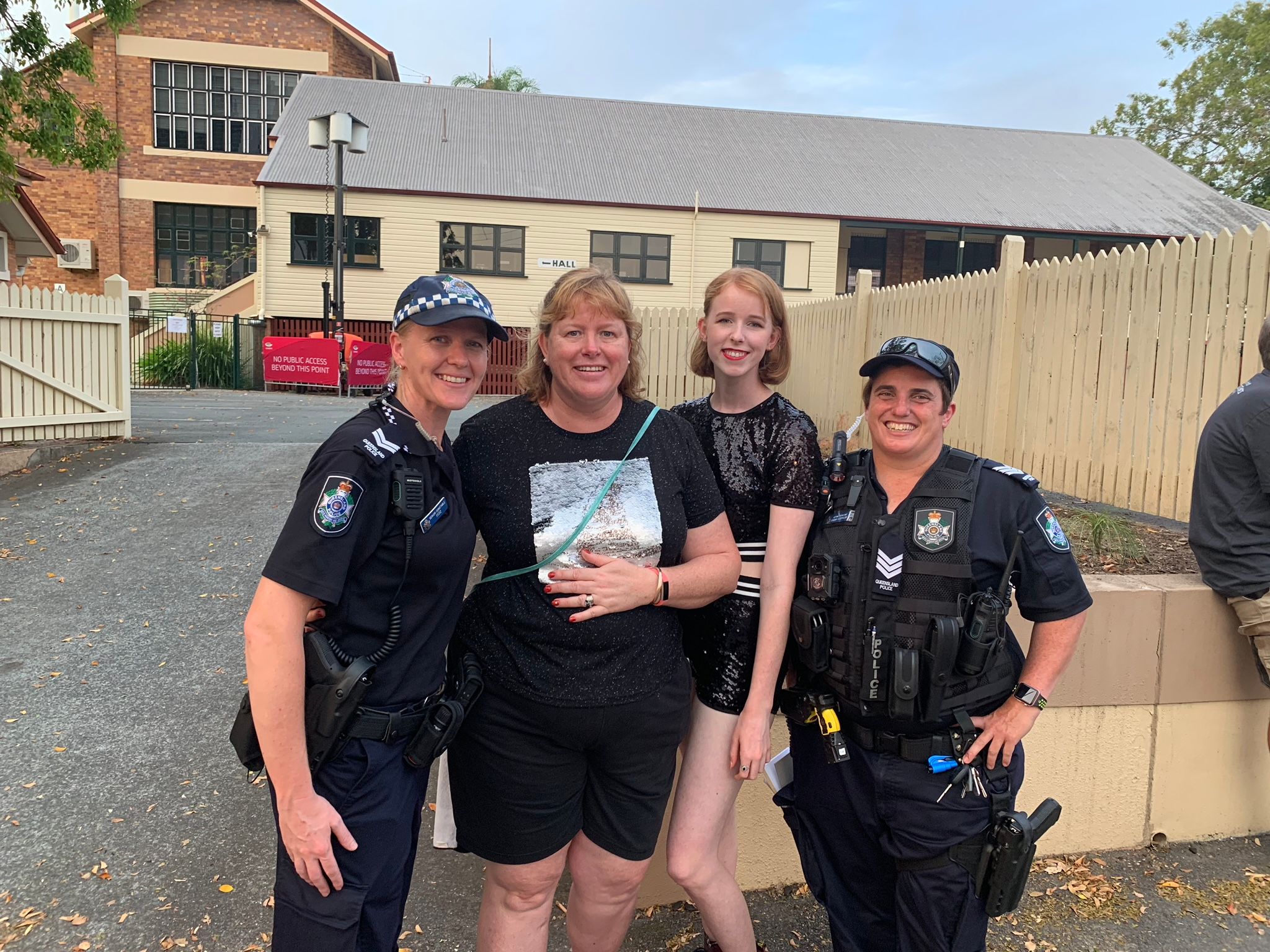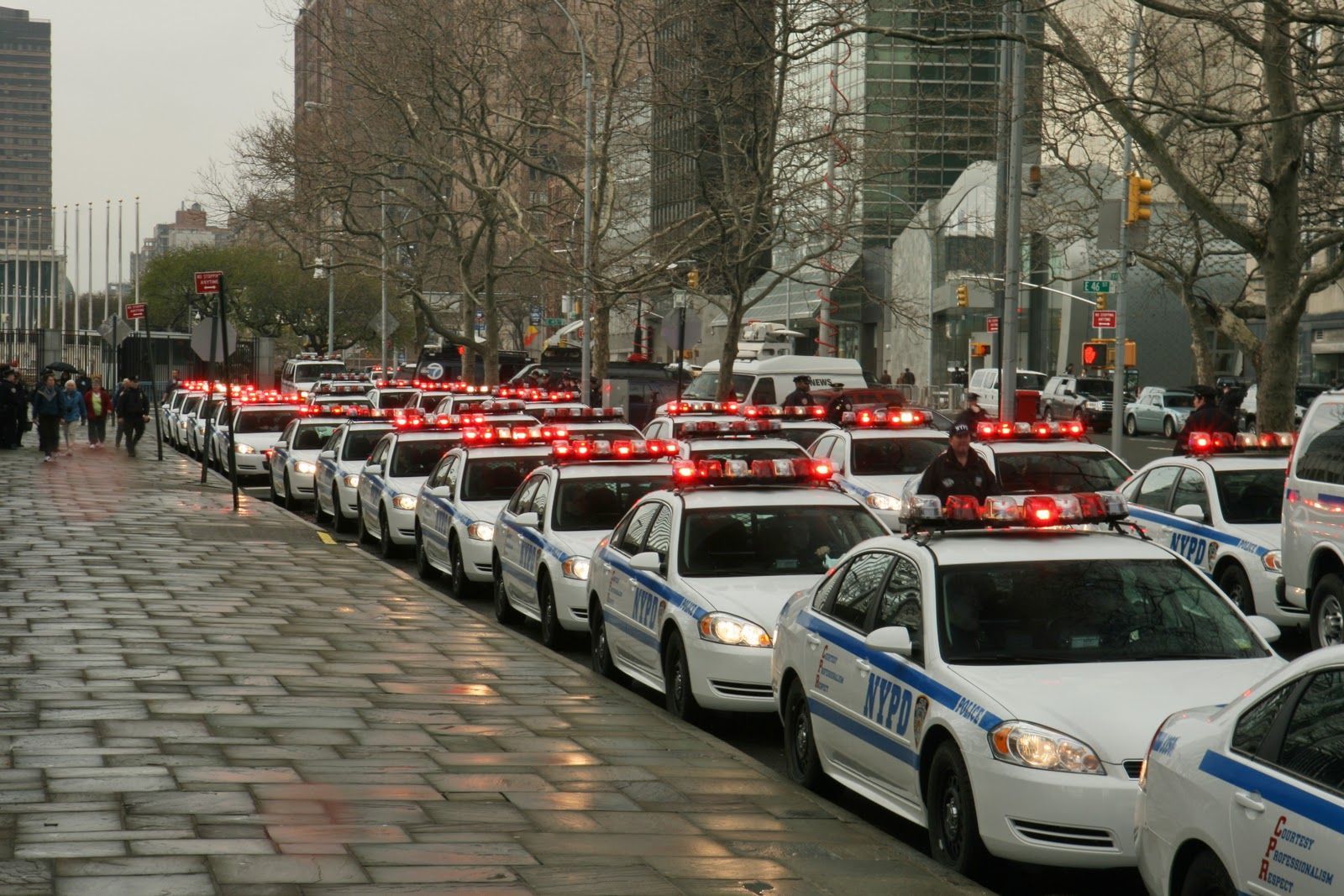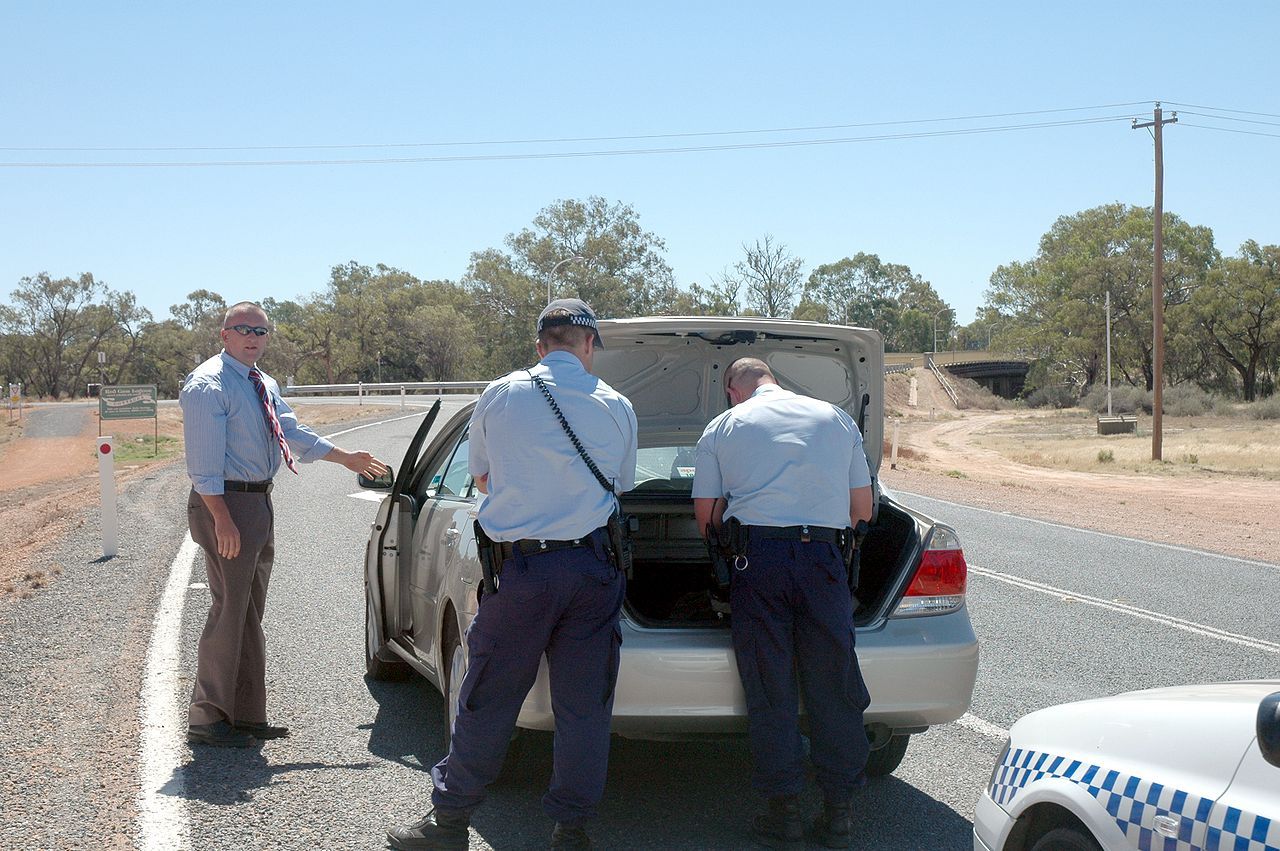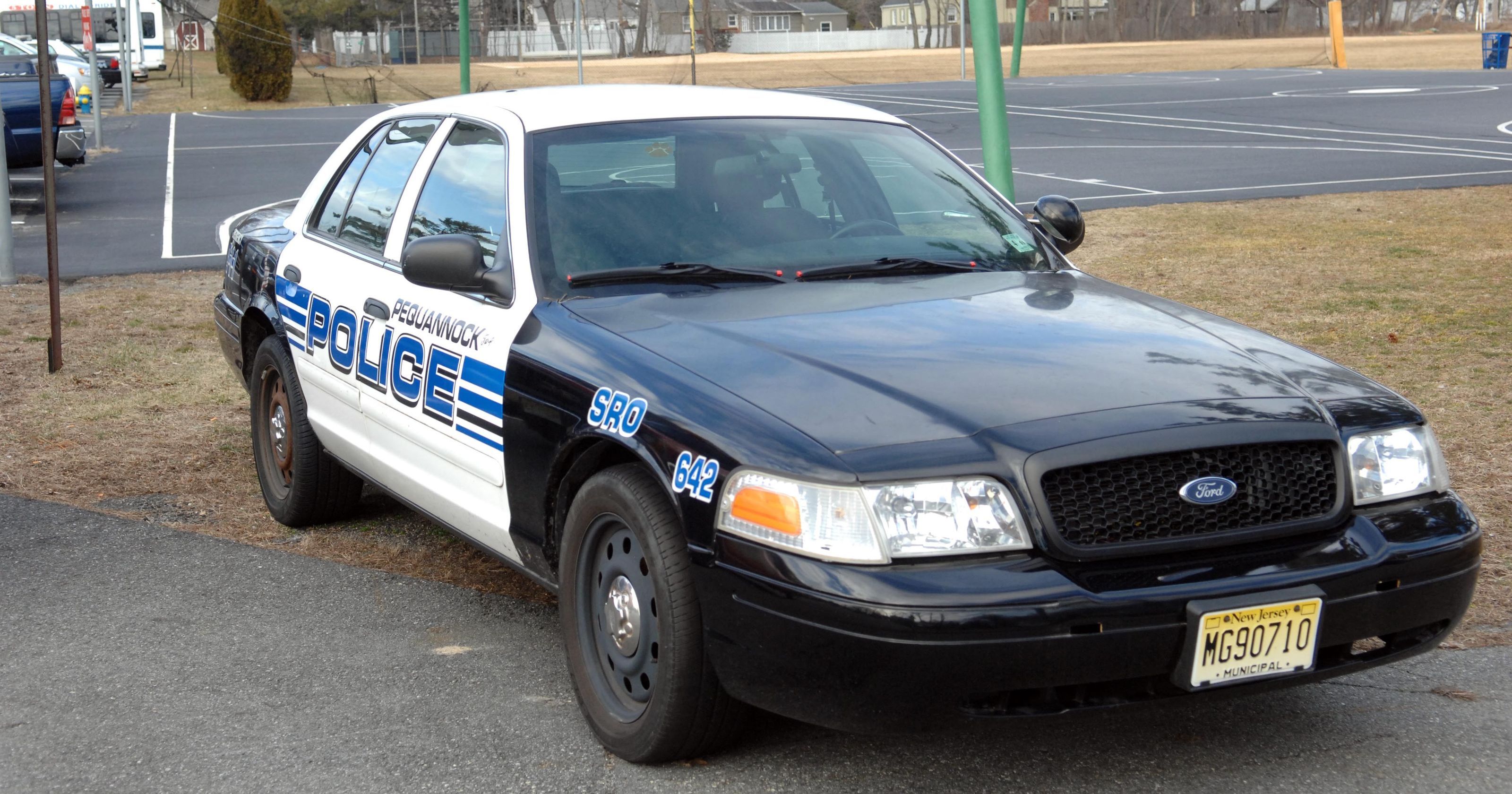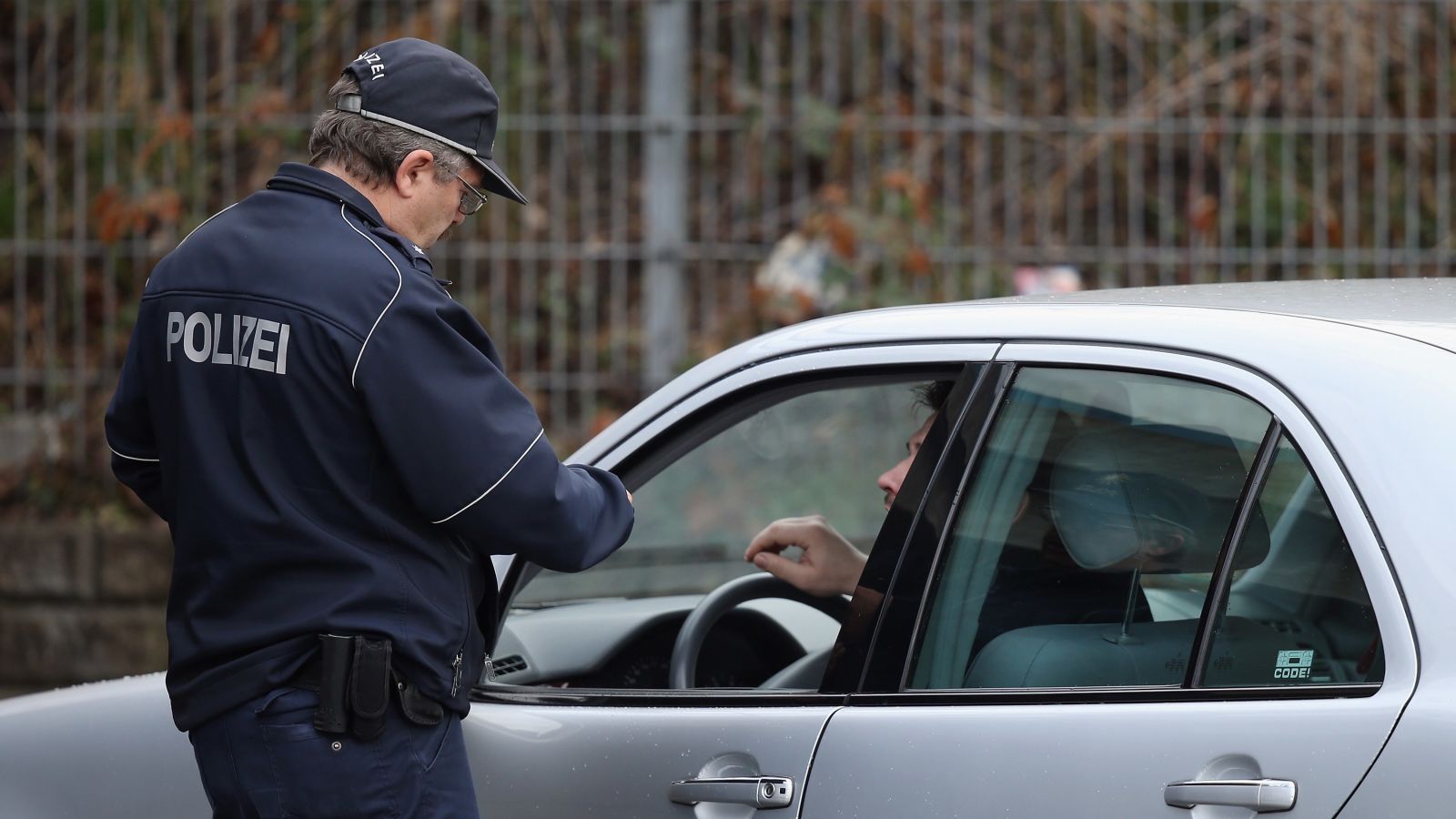The police, also known as officers, troopers, cops, feds, and a number of other unsightly nicknames, are one of the most important creations of the modern world. Yes, love them or hate them, these officers are necessary, especially today. So what is it that the cops actually do? The police were created in order to serve and protect the community and therefore, they do their very best in keeping the world functioning and orderly.
As a result of their power and their position of public trust, the police are entitled to a number of cool and amazing things that the general public can only dream of being allowed to do. For instance, the police are able to drive some of the fastest and strongest cars in the world and go great speeds without concern. Plus, have you seen some of their modified vehicles? Yes, modified police cars really are as amazing as they look, with customized headlamps, windows, and engines that could blow your socks off.
However, although it might be an exciting job, police officers certainly don't have it easy, especially with regards to what they do on a day-to-day basis. That's right, besides the fact that they risk their lives on a daily basis, police officers have a number of rules that they have to follow—and the rules can be a little odd, to say the least. So, here are 20 unusual rules police have to follow on the roads.
20 They Can't "Borrow" Someone's Vehicle
Rumour has it that the police are able to demand access to your vehicle whenever they want and simply drive the car away into the sunset and into their private garage. Yes, we've all seen it in the movies, where the police officer flashes the badge at the driver, who willingly leaves their vehicle in the hands of the cops. However, the rules state that they can only be allowed to take your vehicle if it helps prevent something that is about to take place or has recently taken place. Furthermore, if you should refuse, you could end up facing a fine of up to $1,000.
19 Cop Car Modifications
Police cars are allowed to be modified but only to a certain extent. For instance, police cars are permitted to run lights, laptop computers, radios, and numerous other gadgets that regular cars can't. Plus, police cars are allowed to have tinted windows, permanent rear child locks in the back seat, and armoring material. However, although police cars are allowed to push the boat with regards to high-tech modifications and customizations, there is something that the police car cannot do. That's right, police cars are not allowed to use nitrous oxide, a chemical compound that increases the speed of the car.
18 Hard Shoulder Privileges
In most circumstances, driving on the hard shoulder is forbidden, not to mention highly dangerous and incredibly scary. However, if you are directed by the traffic police, then you are allowed to drive on the hard shoulder and you should not be penalized. Interestingly, the same goes for the cops, who are only permitted to drive on the hard shoulder under severe circumstances. For instance, when chasing a bad guy or in case of an emergency, it becomes okay. Nevertheless, even during a chase, the cops have to be extremely careful and are advised to avoid the hard shoulder at all costs.
17 Hand Out Tickets Willy-Nilly
All cops are different, with some overstepping their bounds more than others, and some a lot nicer than others. Dealing with officers can be often scary, especially when you don't know your rights. Firstly, the police can't just pull you over for no reason; they need to have probable cause. Secondly, the police can't just hand out tickets to whomever they want, there has to be some kind of reason or at least proof that you deserve it. For instance, always check for a speed camera if you are unsure of the speed that you were going. Plus, remember to stay calm and polite.
16 Texting On The Phone
Texting while driving is banned in a number of countries across the globe and is one of the most dangerous things you can do while driving. That's right, the likelihood of something bad happening when texting is extremely high, even if you take your eyes off the road for less than a second. The offense is punishable by many statutes in most regions and often ends up with a hefty fine or, in some cases, time locked up. Thankfully, the same rule applies to the police, who can also get in trouble when caught texting on their phones while driving.
15 Speaking On The Phone
Speaking on the phone while driving is extremely dangerous and is against the rules in the majority of the world. Yes, talking on your cell phone can not only endanger you but can also put other drivers and pedestrians at risk. These days, drivers are advised to invest in speakerphone technology, which can make it safer for drivers to communicate with whoever they wish. Members of the police are also obliged to follow this rule, with speaking on the phone a punishable offense. However, police officers are allowed to use their radios when driving and can use their phones in extreme circumstances.
14 Yield To Pedestrians
There are certain signs on the road that mean that every vehicle passing by has to yield to any pedestrians who have stepped onto the road from a footpath. That's right, whether you like it or not, it is compulsory for all vehicles to stop and let the pedestrians cross the road safely and securely. The rule can irritate a number of drivers. However, when not followed it can result in a hefty fine. Interestingly, the police also have to follow the rules and are not allowed to ignore the sign unless they are in pursuit of another vehicle. Therefore, it is still recommended that all pedestrians stop and check, just in case.
13 They Can't Tow Random Cars
The police cannot tow your car just because they feel like it; they must have a valid and pure reason. Vehicles can be towed for a number of reasons. For instance, the car does not have a valid license, the owner has been apprehended, the car has been boosted or is unregistered, or if the car is wrongly parked or parked on private property. If your car was towed on private property, then the owner of the property must have a clear and direct sign that the area is private. If they don't, then you are in the right and entitled to have your fees paid for.
12 Sirens While Speeding
In most countries, when you hear a siren or see the flashing lights of an emergency vehicle, you are instructed to yield to the side of the road and let the vehicle pass you. In fact, in some places, a failure to do so is a punishable offense and could land you with a hefty fine. However, what do you do if you don't see the lights or hear the siren but just see a speeding car come racing towards you? Sadly, this is a common occurrence, with police officers all over the world failing to switch on their siren. The police must use their siren and lights when speeding or in pursuit of another vehicle, and it is against the rules for them not to do so.
11 License And Registration, Please
Cops are allowed to do a number of things, however, there are also a number of rules and regulations that should be obliged. For instance, if you are pulled over and a police officer asks you for driver's license, registration, and insurance, you should always give it to them. However, you don't have to say anything, unless you have a lawyer present. Furthermore, only the driver is permitted to give out their details. If the passenger is asked for a driver's license, registration, or insurance, they are permitted to say no, due to the fact that they weren't driving at the time.
10 No Unwarranted Seizures
Thankfully, in the United States, people are entitled to freedom from government intrusion. However, there are some loopholes with regards to the true meaning of entitled and freedom. For instance, police officers are permitted to search your home, car and, any other property and seize what they believe to be incriminating or dangerous. Nevertheless, all police searches require search warrants, therefore if evidence was obtained through an unwarranted search, it could later be regarded as false or improper due to the way in which it was received. Always get those search warrants!
9 Stop Signs
Police officers have to abide by the rules just like everybody else, even when it comes to stopping at stop signs and following the rules of the road. That's right, police officers must treat every sign like a civilian would, which includes stopping and parking signs. Thankfully, most police officers comply with the rules but even if they don't, it is unlikely they would get charged for it. Yes, police officers are exempt from tickets and fines, mostly due to the fact that they could be in hot pursuit, therefore the stop sign would become obsolete.
8 Park By The Rules
Police officers are not allowed to park against the rules unless it is in an emergency. Yes, police vehicles are considered to be "emergency vehicles" in most countries, therefore vehicle and traffic laws differ. However, if a police officer parks wrongly for personal gain, this can be considered an offense, especially when it concerns food. That's right, two cops were recently snapped on camera parking wrongly so they could pick up some lunch. One man who witnessed the event stated, "I thought something relatively serious must be going on to warrant parking there, but as I walked by, two police officers arrived at the car carrying food from the market!"
7 Red Lights
Obviously, in an emergency, police officers are permitted to run red lights and go over the speed limit, especially when it concerns hot pursuit. However, this does not mean those police officers are allowed to run red lights whenever they please—although many of them do. That's right, when patrolling, police cars should abide by the laws of the road just like civilians. If they don't, not only do they run the risk of endangering themselves but also other vehicles and drivers. Furthermore, if there is an emergency, police officers must also have their sirens switched on when running red lights.
6 Getting Civilian Help
In an emergency, police officers are allowed to demand the use of a vehicle and use it to help apprehend or catch a criminal. In a similar way, police officers are also permitted to ask the help of a civilian. Yes, refusing to help a police officer is a punishable offense and can even result in time behind bars. However, it does depend on the circumstance. That's right, if you feel that police officer in question has put you in danger, then you have every right to say no, but if you are part of the inquiry and you could help the officer catch a bad guy, you must comply with everything that has been asked of you.
5 Follow The Traffic Codes
In most cases, police officers are exempt from following traffic laws and highway codes and are permitted to break a number of rules in the case of an emergency. From speeding and ignoring signs to running red lights, police officers are generally allowed to get away with it. However, they must prove that they have broken the ordinances due to an emergency and therefore, failure to justify their actions can get them into trouble. Sadly, not all police officers can, and with social media more prominent than ever, a number of photographs documenting police officers breaking the rules are uploaded to the internet every day.
4 They Can't Search Anyone's Vehicle
Many people all over the world believe that a police officer is able to stop and search your car whenever they want to. Interestingly, this is incorrect, with police officers only allowed to stop drivers if they have reasonable suspicion that someone is up to no good. Yes, the police need probable cause to legally search your vehicle—and that's not just a hunch. Therefore, if the search fails to turn up any evidence leading to the fact that suspicious activity has occurred, the police officers could get into a lot of trouble. Furthermore, always make sure you are calm and cool in such situations, as this could lead to more damage down the line.
3 No Driving In The Wrong Direction
In most countries, law enforcement has to follow the rules and comply with highway codes, traffic signs, and regulations. Therefore, if they fail to do so, they are open to being prosecuted—or at least heavily reprimanded by their seniors. However, police officers seemingly manage to get away with things due to emergency situations. For instance, police cars are forbidden (just like everybody else) to drive along the opposite side of the road. Nevertheless, if deemed necessary, police cars may drive on the wrong side of the road, especially if it means catching someone suspected of doing something wrong.
2 They Have To Pull Someone Over With A Reason
Police officers are only allowed to pull someone over if they have probable cause, much like when handing out tickets or searching someone's vehicle. That's right if a police officer has no clear reason for why they are stopping you, it is an offense on their part and something that could really get them into trouble. Therefore, police officers have to be extremely careful when pulling cars over, especially when they start asking questions. Then, if the hunch turns out to be wrong, the driver could end up taking the officer to trial, where it will then be up to the court to decide.
1 Creating False Traffic Violations
Obviously, it goes without question that police officers are not allowed to invent or create false traffic violations. Unfortunately, some police officers do exactly that—and often get away with it. Yes, police misconduct, which refers to inappropriate conduct or actions by the police, most certainly occurs and is very tricky to stop. In fact, several police officers over the years have been accused of giving out tickets for no reason whatsoever. However, due to social media, police misconduct is captured more and more, with the hope that it will be wiped out for good. Let's hope this benefits everyone on the roads.
Sources: Business Insider, Lifehacker, and Wikipedia.

